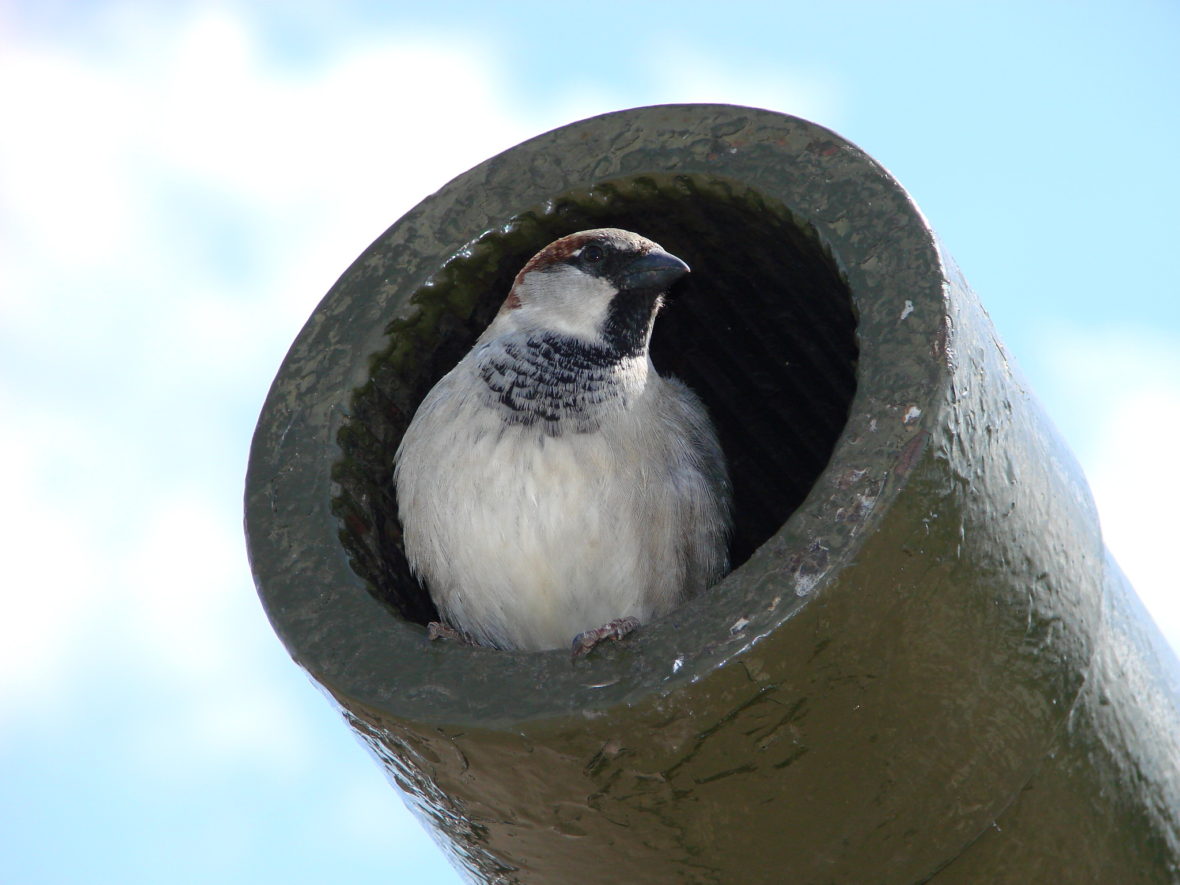Late last month at the Blacksmith House I heard Robert Pinsky read from his new book, At the Foundling Hospital. I was rapt. “Omnivorous reverence” is the phrase Tony Hoagland uses to describe Robert’s artistic scope and method. One of the poems Robert read that night is “Running with Noodles;” it begins with the delicious word tomatl:
Spaghetti with red sauce is Aztec and Chinese.
Noodles from the East. Gold apples from the West.
Creole invention time makes pure. Tipico
Italiano. So Nana could warn me in Yiddish
About Joe Cittadino, “Don’t run with luckshens.”
Creole: Aztec for tomato, Yiddish for noodles, the Tipico/Italiano Joe Cittadino, who’s appeared before in Robert’s work. Add a dash of Greek oracle, “the Sybil…/Who wrote it aright on a leaf lost in the wind.” The poem itself, as part of the mashed-up world, may or may not be “aright.” What humans most want to save may be lost, like the babies in “The Foundling Tokens,” who were “almost never/… reclaimed, ever.”
Robert ended his reading with a poem not in the book, based on a Washington Post obituary of Brooklyn Dodgers pitcher Ralph Branca. In fact, he’d finished the poem that morning. The obit, he said, sounded like a Robert Pinsky poem—Branca’s humiliation; the player keeping quiet his knowledge that the Giants had stolen the Dodgers’ signals; the comfort he got from Jackie Robinson; and, finally, Branca’s discovery late in life that his grandmother was Jewish. (“Branca” was subsequently published in The New Yorker).
Listening to the emotional and verbal brilliance Robert breathed so quickly into his raw materials made me think of two poems he’d written years ago for the website Quickmuse. Editor Ken Gordon describes the site as “a series of on-the fly compositions in which some great poets riff away on a randomly picked subject.” In an “agon” – what Quickmuse calls the fifteen-minute challenge to create verse under pressure – a poem unfolds, in real time, the process of its own making.
The links to Robert’s contributions to the site are still open. In each, Robert discloses something of the moves he relies upon when composing. The Miles Davis quote draws on the poet’s knowledge and love of jazz—a “little flat nine or honk” from a Hammond organ—as well as a particular New York decade. But the poem won’t stay in one place. From one art, it moves to “art” in general, with its qualities of “cruel superiority and generosity.” It makes an analogy between Parker’s intelligence and the term “intellectual” with a simile: “like/ ‘Telephone’ and ‘television’ mean ‘from afar.’” The poem turns from analysis and seems about to end with a lush sequence of sound and imagery—a saxophone’s “tarnished/ Brass and pearly keys and reed, from foundries/And seashells and wherever in Egypt the reeds/May grow”—but not quite. As the poem travels from New York to Egypt, it also moves to align the sensual world with the mind that perceives and judges it: “the instrument, the intellectual/Instrument” that “rests severe and flawed, in its nest.” I would say the poem’s balance of imagery and music, its reverence for both ecstasy and reason (by turns sweet and cold) present throughout Robert’s writing.
Joe Cittadino—the kind of Italian bad boy we called in the Bronx a “rock”—materializes in the Quickmuse poem based on the professor’s found note. An ironic thank you to those who passed the poet “into a world of imagination and daydreaming defiance,” the poem also responds to Foundling Hospital’s epigraph from Pindar, “What is someone?” Written in under twelve minutes, the poem is an attempt to unpick the knot of one’s own genesis, a recurring strand in Robert’s work.
A great reading makes me want to write. I’d been thinking about No No, the 2014 documentary about Pittsburgh Pirates pitcher Dock Ellis—I lived in Ann Arbor when Donald Hall was working on Ellis’s biography, and I met the pitcher during the weekly volleyball game Don had organized among the Michigan fellows. I was curious whether Don would be part of the film. He was: the first words spoken were his, and later the camera lingered on a still photo of Ellis reading page proofs in the living room of Don and Jane’s New Hampshire farmhouse. That photo had stirred something—the player, dead for years, sitting in Jane’s chair; the possibility that Jane had taken the photo.
So here’s my small contribution to the country of baseball, written after an exemplary reading by Robert Pinsky.
FOR DOCK ELLIS
Baseball’s Muhammad Ali
dressed his hair in cornrows
when he played volleyball
with Michigan’s junior professors
in a public school gym. He tapped
the ball over our heads with a million-
dollar palm, bandanna on his ‘do
though he never broke a sweat.
A man who’d thrown a no-hitter
while high on LSD, a man who cared
to learn about poetry and asked
a poet to write his biography—there
he sits in Jane’s chair, reading proofs
(greenies and cocaine replaced
by vitamins and vodka—even a poet
edits the truth) before the trade
to New York, before he muddled
coke with heroin or held his wife
hostage with a shotgun. The Yankees
traded him back—he said, “I want to die
a Pirate,” but instead he lived
to counsel players off pills. Wax crayons,
saliva, and boiled vegetable soup—
that’s how the school hallway smelled.
